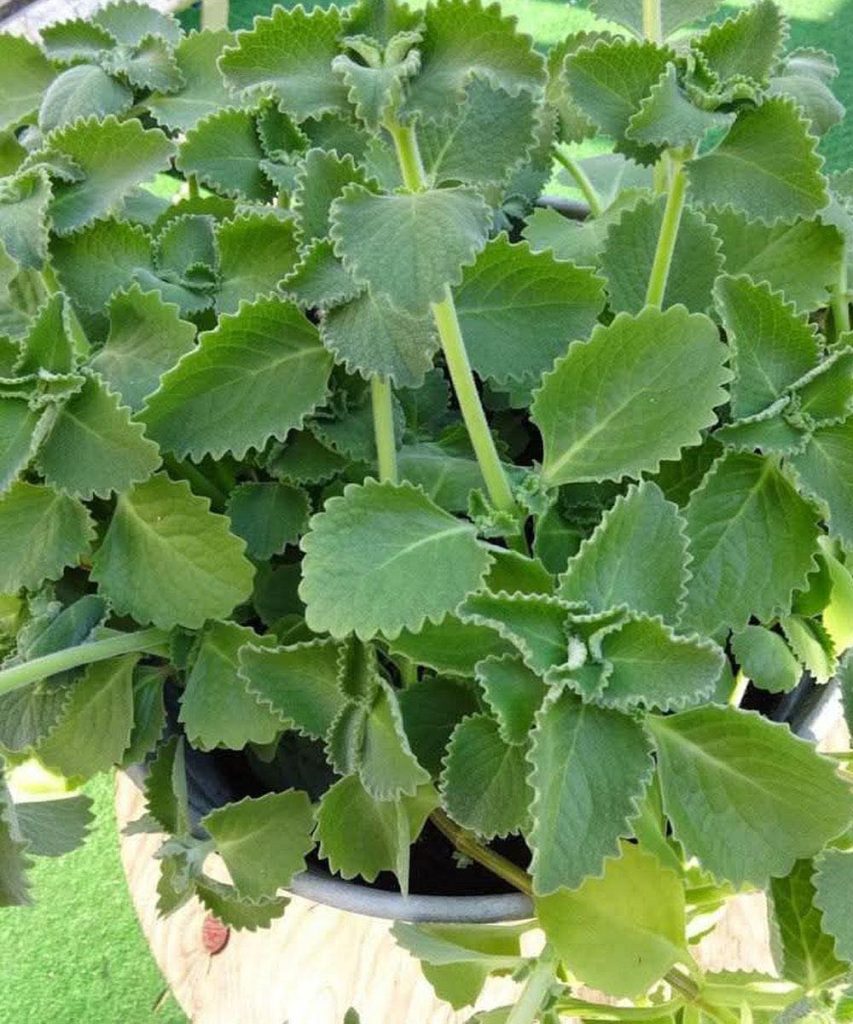Here’s a tighter, clearer, and more cautious version of your piece—cleaned up for readability, balanced for accuracy, and framed so readers know what’s well supported vs. still emerging.
Oregano isn’t just a flavor booster; it’s a concentrated source of plant compounds—especially the phenols carvacrol and thymol—that show antimicrobial, antioxidant, and anti-inflammatory activity in lab settings. Most of the impressive data come from test-tube or animal research; human trials are fewer and smaller, so think of oregano as a supportive food/herb rather than a stand-alone treatment.
-
Antioxidant support
Oregano is rich in phenolics that help neutralize free radicals in experimental models. As part of a plant-forward diet, cooking with oregano can contribute to overall antioxidant intake. -
Antibacterial activity (lab evidence)
In test-tube studies, oregano essential oil inhibits several problematic bacteria (carvacrol and thymol are the likely drivers). This hints at a role in supporting the body’s defenses, but human studies using culinary amounts are limited. -
Inflammation modulation (mostly preclinical)
Carvacrol has reduced inflammatory signaling in animal and cell studies. That’s encouraging for conditions linked to chronic inflammation, but confirmatory human data with typical dietary doses are still needed. -
Antiviral potential (lab evidence)
Carvacrol and thymol show activity against several viruses in vitro. At this point, consider this “promising but preliminary” rather than proven immune therapy. -
Cancer-related research (preclinical)
Oregano extracts have slowed growth or triggered cell death in some cancer cell lines and animal models. These are early signals only; they don’t translate into recommendations for cancer treatment without rigorous human trials. -
Heart health (early data)
By reducing oxidative stress and favorably influencing lipids in preliminary work, oregano may support cardiovascular health when paired with standard lifestyle measures. Human evidence is still developing. -
Buy vitamins and supplements
-
Digestive support
Traditionally used for digestive comfort, oregano (and its oil in research contexts) may discourage certain microbes and help restore balance in the gut. Use food forms routinely; reserve concentrated oils for clinician-guided use. -
Respiratory comfort
Because of its antimicrobial and anti-inflammatory properties, oregano is often included in steam inhalations or teas for congestion in traditional practice. Evidence here is mostly experiential or preclinical; clinical trials are limited. (Avoid putting essential oils in the nose; see safety.)
How to use it (safe, simple ways)
-
In the kitchen: Add fresh leaves to salads and marinades; use dried oregano in sauces, stews, beans, and roasted vegetables. This is the safest, most sustainable way to benefit from its compounds.
-
As tea: Steep 1–2 tsp dried oregano in hot water 5–10 minutes; strain.
-
Supplements/essential oil: Highly concentrated and not the same as food. If you’re considering capsules or oil of oregano, talk to your clinician—especially for kids, pregnancy, breastfeeding, older adults, or if you take medications.
Important safety notes
-
Essential oils are potent. Undiluted use can irritate skin/mucosa; ingestion can cause GI upset and may interact with medicines. Avoid intranasal essential oils.
-
Pregnancy/breastfeeding: Avoid medicinal amounts of oregano oil; some essential-oil constituents are a concern in pregnancy. Food amounts are generally considered fine.
-
Allergies: If you’re allergic to other mint-family herbs (basil, sage, lavender), use caution.
-
Surgery/bleeding risk: High-dose oil of oregano may increase bleeding—stop supplements at least two weeks before surgery.
Bottom line
Oregano (fresh or dried) is an easy win for flavor and a helpful addition to an overall healthy pattern. Early lab and animal research on carvacrol/thymol is exciting, but human trials are still catching up. Enjoy it liberally in food; treat concentrated products with respect and medical guidance.
Disclaimer: This information is not intended to be a substitute for professional medical advice, diagnosis or treatment and is for information only. Always seek the advice of your physician or another qualified health provider with any questions about your medical condition and/or current medication. Do not disregard professional medical advice or delay seeking advice or treatment because of something you have read here.


